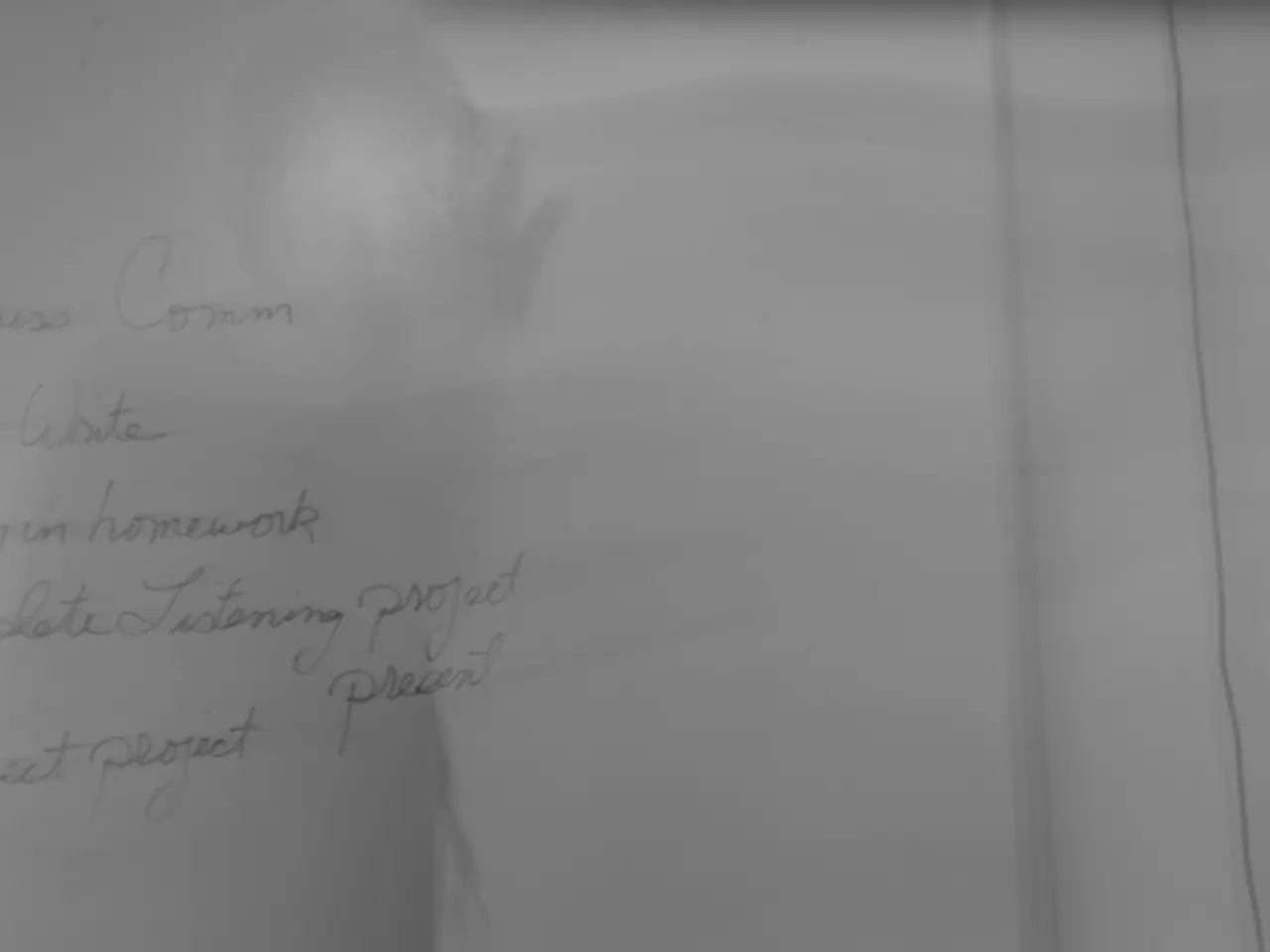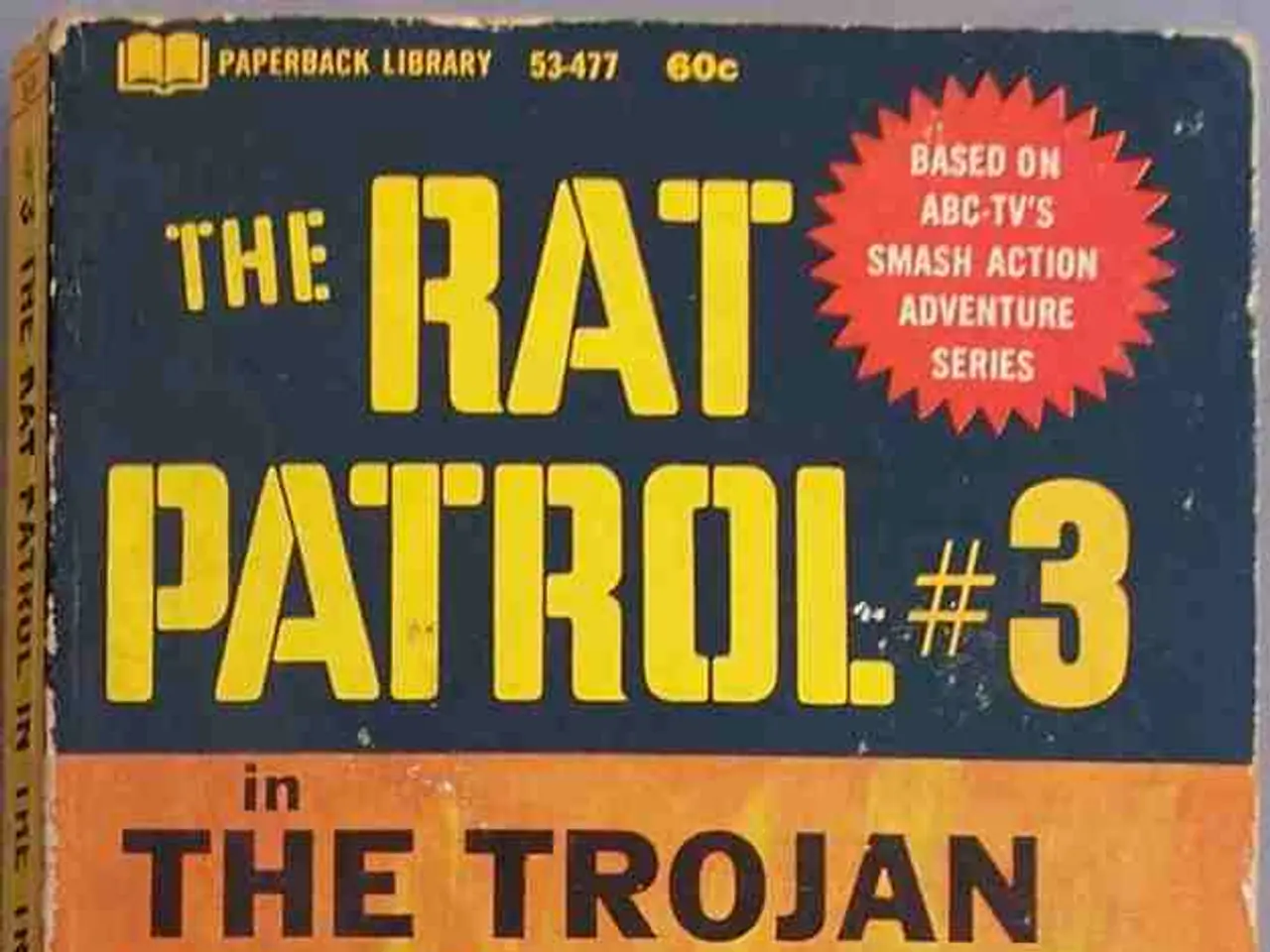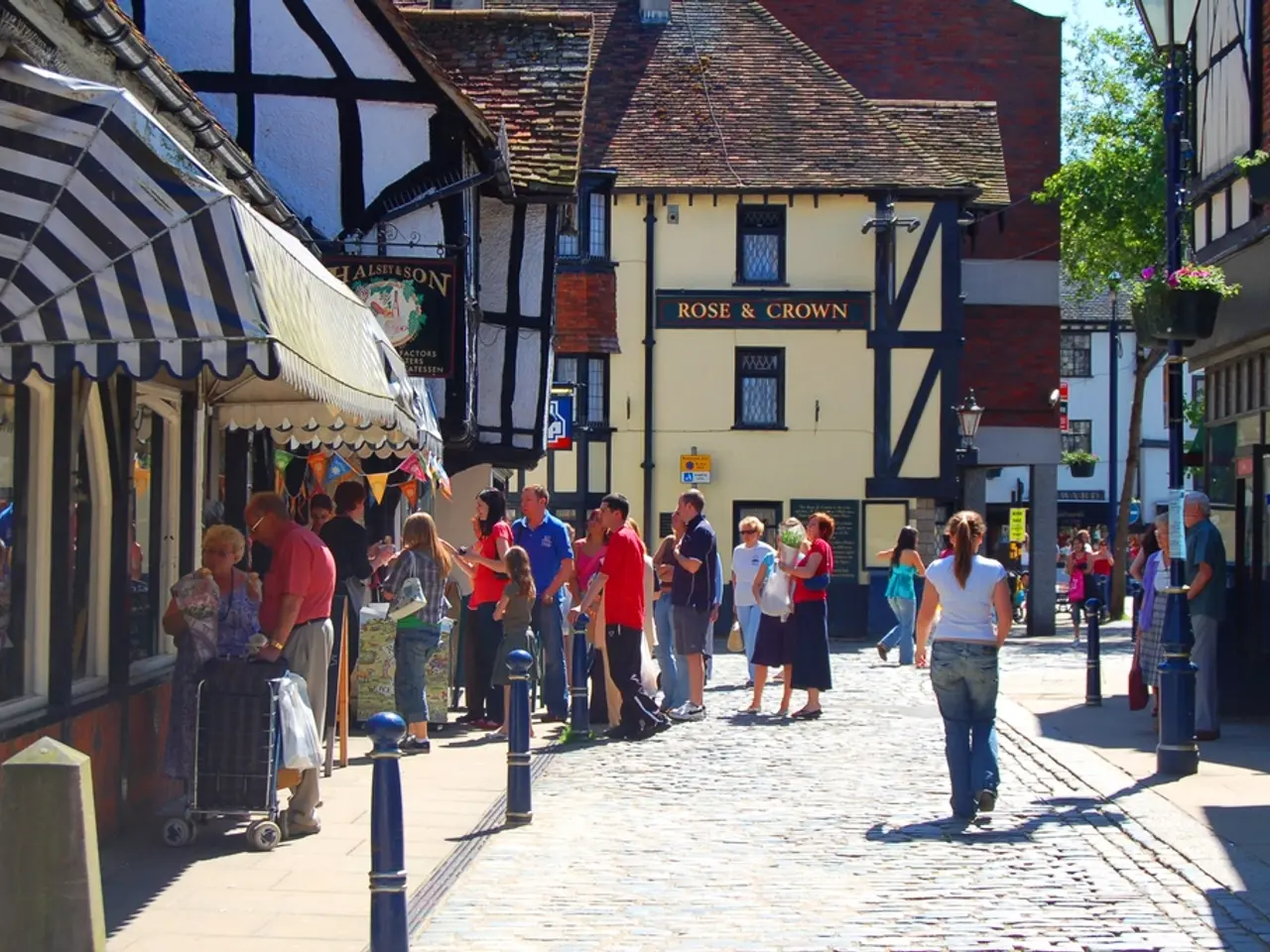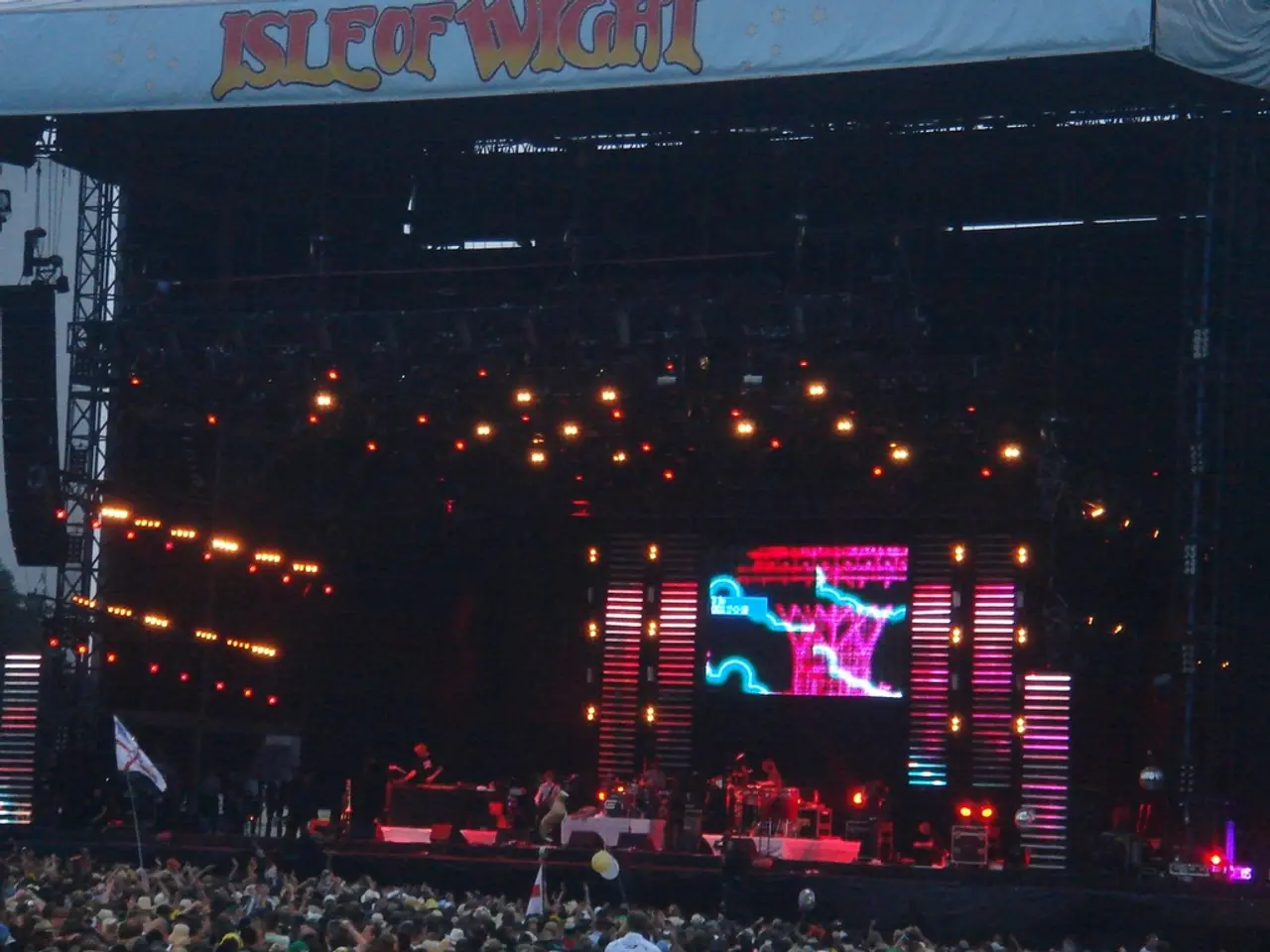A Georgia Democratic leader is spearheading the effort to revive the Voting Rights Act, which has been dormant for 60 years.
The John Lewis Voting Rights Advancement Act, named after the late civil rights icon, remains a stalled but critical piece of legislation in Congress. The bill, introduced to modernize and strengthen the Voting Rights Act, aims to address the erosion of voting protections in the United States.
The Act seeks to reinstate federal preclearance, requiring certain jurisdictions with histories of voter discrimination to obtain approval from the Department of Justice or a federal court before changing election laws or procedures. This measure is designed to prevent discriminatory policies that disproportionately affect Black, Latino, Indigenous, and other voters of colour.
The bill also strengthens Section 2 of the Voting Rights Act, allowing voters to sue over discriminatory voting laws after they have been implemented. This provision is essential in combating the ongoing efforts to suppress votes and safeguarding a multiracial democracy, especially ahead of critical upcoming elections, such as the 2026 midterms.
The need for the John Lewis Voting Rights Advancement Act is heightened by the ongoing challenges to voting rights. Since the Supreme Court's 2013 ruling in Shelby County v. Holder that gutted the Act’s preclearance requirement, many states have enacted laws and redistricting plans that make voting harder for marginalized communities.
The Justice Department's focus has shifted away from enforcing voting protections towards investigating alleged voter fraud, while state-level restrictions and gerrymandering continue to threaten fair access to the vote. Democrats view the JLVRAA as a necessary tool to combat this sustained effort to suppress votes.
The JLVRAA's importance can be traced back to the 1960s, when events like the Selma-to-Montgomery march highlighted the need for voting rights legislation. On Bloody Sunday, marchers attempting to cross the Edmund Pettus Bridge were violently attacked by state troopers. The violence during this march compelled President Johnson to act, leading to the signing of the bipartisan Voting Rights Act in August 1965, which banned literacy tests and other barriers to the ballot box.
John Lewis, then a Georgia Congressman, was among the marchers on Bloody Sunday, and he was beaten and tear-gassed during the attack. The legacy of the Voting Rights Act, and the ongoing struggle for voting rights, is under threat, as evidenced by the continued efforts to suppress votes and the need for the John Lewis Voting Rights Advancement Act.
Since the passage of the Voting Rights Act, Black voter participation has skyrocketed, and more Black candidates have been elected. Renewing and passing the John Lewis Voting Rights Advancement Act is essential for Democrats in their efforts to safeguard voting rights against ongoing challenges in the U.S. President Johnson's statement after the Selma-to-Montgomery march still rings true today: "Because it's not just Negroes, but really, it's all of us who must overcome the crippling legacy of bigotry and injustice. And we shall overcome."
[1] "John Lewis Voting Rights Advancement Act," National Conference of State Legislatures, https://www.ncsl.org/research/elections-and-campaigns/john-lewis-voting-rights-advancement-act.aspx
[2] "The John Lewis Voting Rights Advancement Act," ACLU, https://www.aclu.org/issues/voting-rights/john-lewis-voting-rights-advancement-act
[3] "The John Lewis Voting Rights Advancement Act," NAACP, https://www.naacp.org/campaigns/john-lewis-voting-rights-advancement-act/
[4] "The John Lewis Voting Rights Advancement Act," Brennan Center for Justice, https://www.brennancenter.org/issues/voting-rights-and-election-administration/issue/john-lewis-voting-rights-advancement-act
- Despite the ongoing challenges to voting rights, the John Lewis Voting Rights Advancement Act remains a critical piece of legislation in the realm of policy-and-legislation and politics, as it aims to combat the ongoing efforts to suppress votes and strengthen general-news reporting on war-and-conflicts-related issues, such as votes suppression.
- As the John Lewis Voting Rights Advancement Act seeks to reinstate federal preclearance and strengthen Section 2 of the Voting Rights Act, it becomes a crucial tool for addressing the erosion of voting protections and ensuring fair access to the vote for Black, Latino, Indigenous, and other voters of colour, thus impacting news coverage on the policy-and-legislation and politics landscape.







